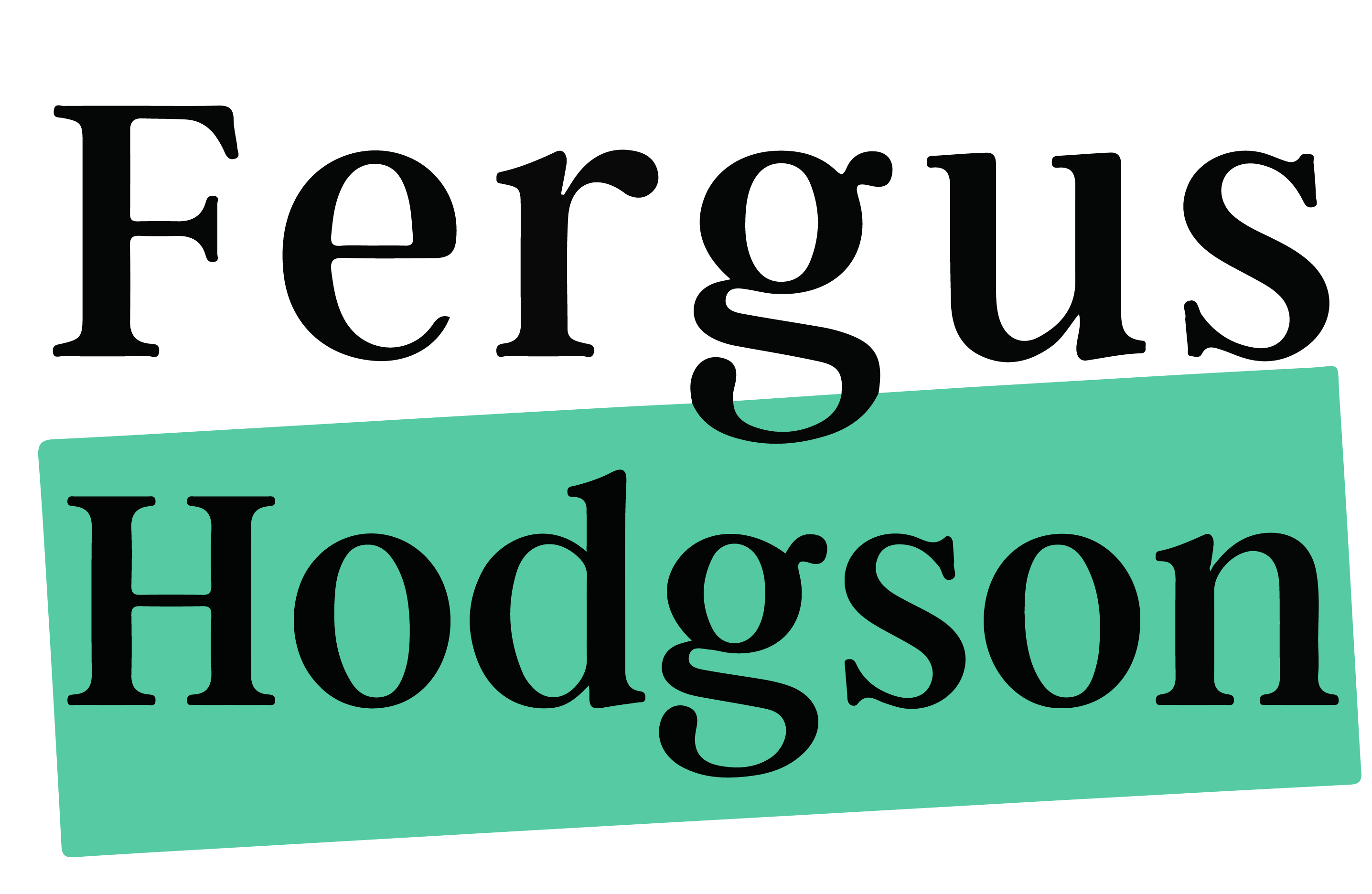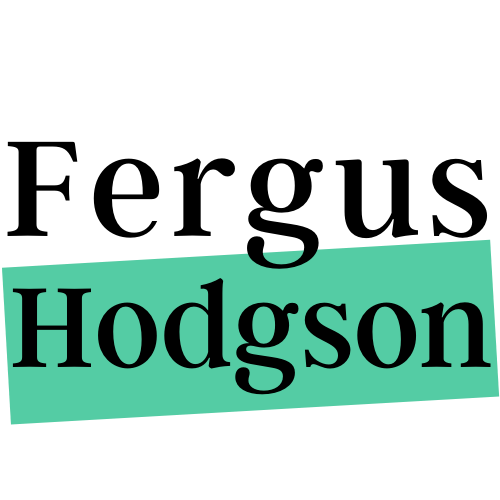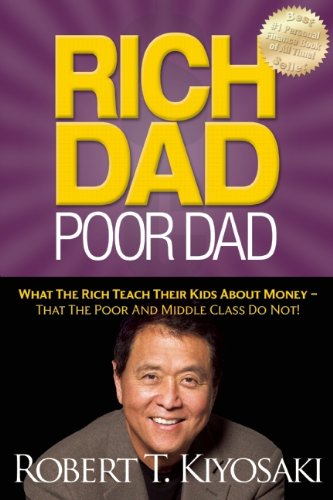
Why ‘Rich Dad Poor Dad’ Keeps Selling
Why ‘Rich Dad Poor Dad’ Keeps Selling https://fergushodgson.com/wp-content/uploads/2023/01/1500x500-1024x341.jpeg 1024 341 Fergus Hodgson Fergus Hodgson https://secure.gravatar.com/avatar/abc4f612eeb70d684c156dd1398fdf06?s=96&d=mm&r=gGovernment Miseducation Leaves Vacuum of Financial Illiteracy
The vast majority of us went through the government-education conveyor belt, and that includes me.* Since we learn little about anything there, and zero about personal finance in those dozen or so years, we rely heavily on our parents and the adult role models in our lives. A shortfall there will tend to leave us stuck, either poor or in the middle class, struggling to keep ahead of debt and the rat race.
This fundamental problem is so ubiquitous one cannot be surprised at the historic success of Robert Kiyosaki’s book Rich Dad Poor Dad (274 pages). Subtitled What the Rich Teach Their Kids about Money — That the Poor and Middle Class Do Not, he offers a relatable contrast between the advice of his own educated but poor father and that of his good friend’s father. The rich dad had a limited conventional education, but he imparted the financial wisdom that counted.
Not only is this parallel familiar, particularly for those of us who grew up in the middle class, Kiyosaki has gone to great efforts to make the story extremely accessible and entertaining, injected with plenty of US humor and anecdotes. At times the style is repetitive, and some of the motivational-speaker talk comes across as condescending. However, just like Men Are from Mars, Women Are from Venus, he has found the sweet spot for mass consumption, and the two books have a similar feel.
Despite legitimate criticisms that he may have embellished his story, as a gateway Rich Dad Poor Dad stands up to scrutiny. At very least it identifies the root problems of faulty education, misplaced priorities, and demonization of the rich. The author perks one’s curiosity for more, and emphasizes that financial education is a long-term process and will require a healthy allocation of one’s time.
In some ways this book elucidates the sense many of us have that we are treading water in a regular job, even if we do not know the precise alternative. Kiyosaki explains that as soon as possible we should focus on building assets that stay with us and generate passive income — what he calls “minding your own business” — while working productively and maintaining employment in the meantime.
That leads to one of his pivotal points: do not delay! There is going to be a transition period and learning process, so one best start down this road as soon as possible. As someone who only read this in his early 30s, I cannot help but relate, since I am late to the party of financial education.
Aside from the repetitiveness, the major annoyance in the book is his eagerness to sell more of his books and his own board game. Presumably he has succeeded, but it distracts from the content at hand and comes across as cheap. Sure, he acknowledges that he is a book seller and not so much of a book writer, but this limits the otherwise timeless appeal of Rich Dad Poor Dad.
*My mother homeschooled me for a short period, but otherwise I attended a rural elementary school and a Catholic boarding school, integrated into New Zealand’s Ministry of Education and taxpayer funded.
- Posted In:
- Economics
Fergus Hodgson
Fergus Hodgson is a financial economist, endurance coach, and lifelong athlete.
All stories by: Fergus Hodgson

